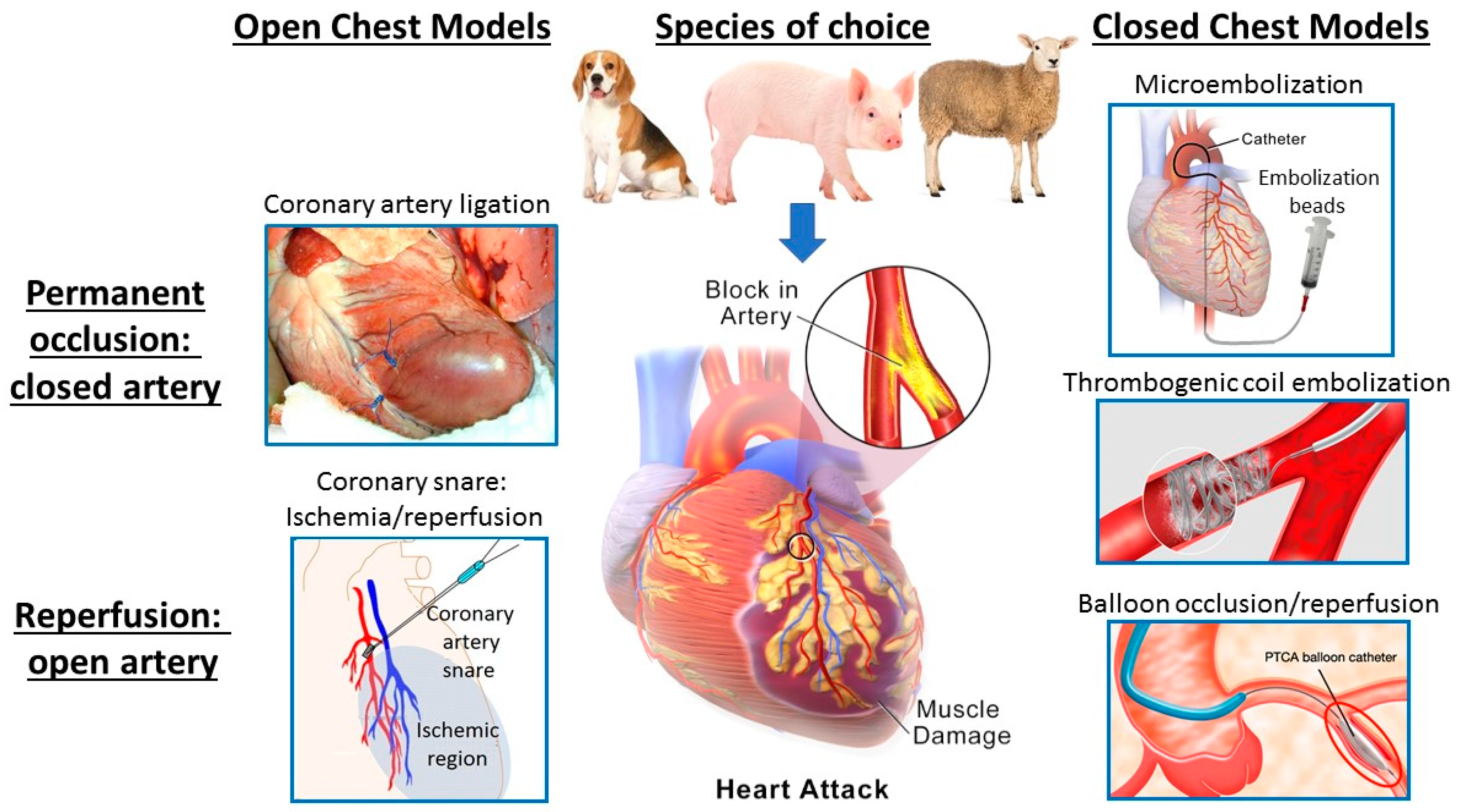Heart Failure:
- The primary function of the cardiovascular system is to ensure an adequate circulation of blood so that nutrients are delivered, waste products are removed and a homeostatic milieu is maintained at the organ and cellular level.
- Inadequate circulation interferes with nutrient delivery, removal of waste product and ultimately leads to heart failure.
- Two functional units of cardiovascular system is heart (pump) and blood vessels and blood (circuit).
- Pump and circuit may fail independently of each other, giving rise to two forms of circulatory failure- heart failure and circuit failure
- In heart failure, heart is unable to pump required amount of blood required by cells and tissues whereas in circulatory failure, blood is unable to return to heart resulting decreased in blood volume.

Heart failure can result from:
- Defect in filling of heart
- Abnormality in generation and conduction of electrical wave or depolarization
- Abnormality in contractile function
- Excessive workload or combination of one or more abnormalities